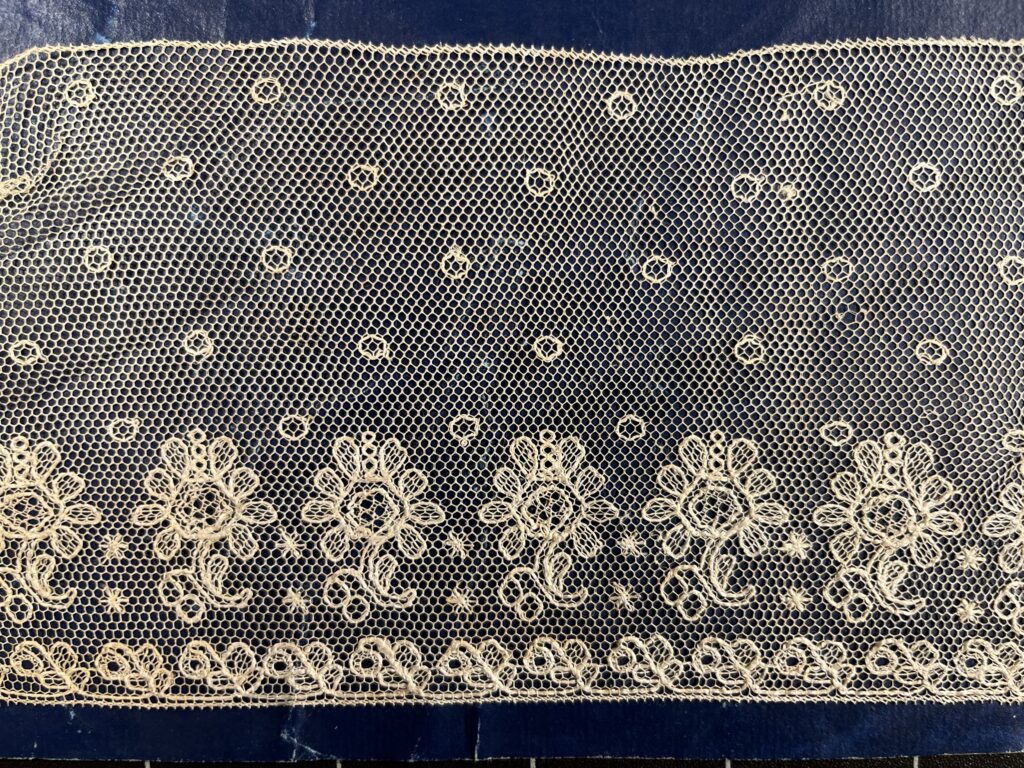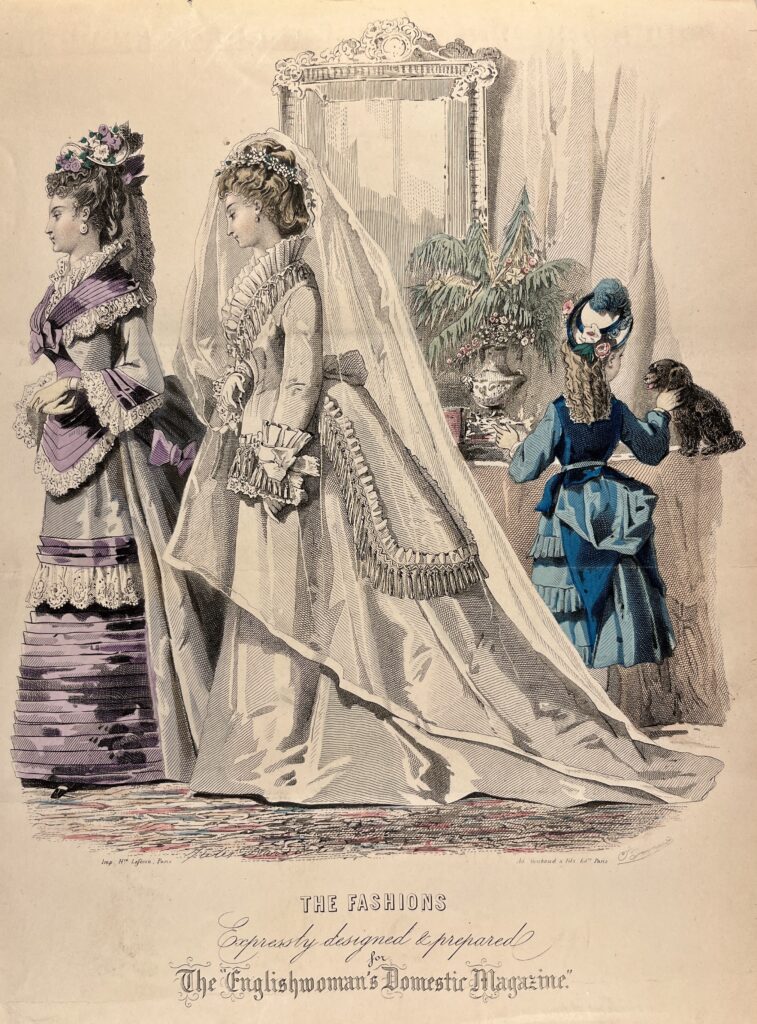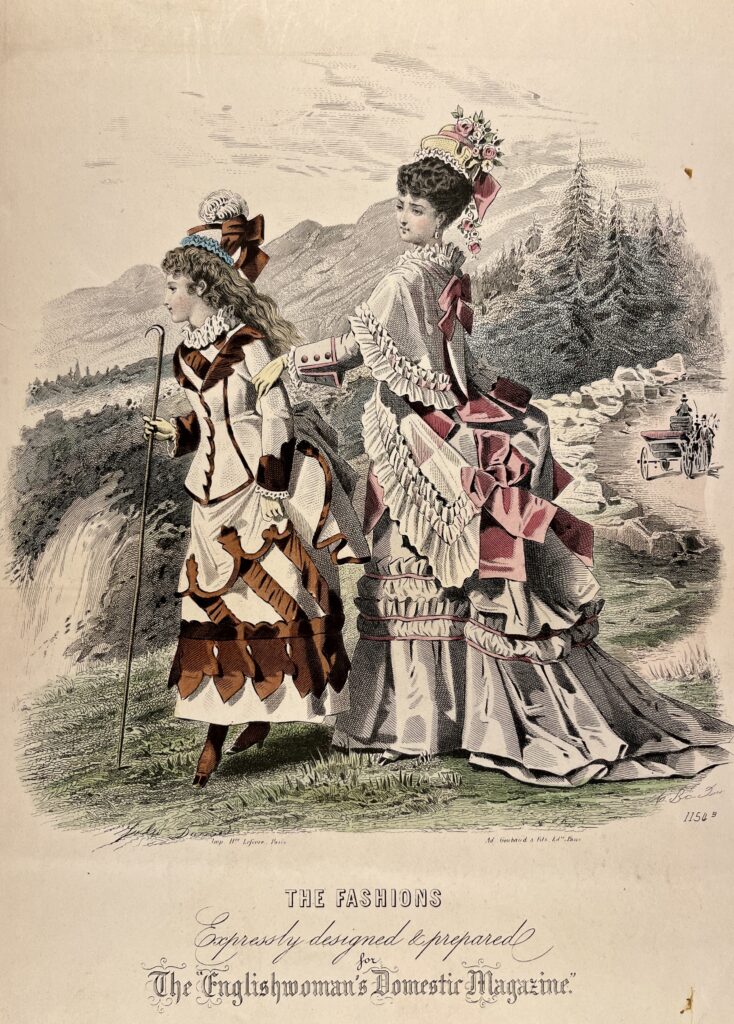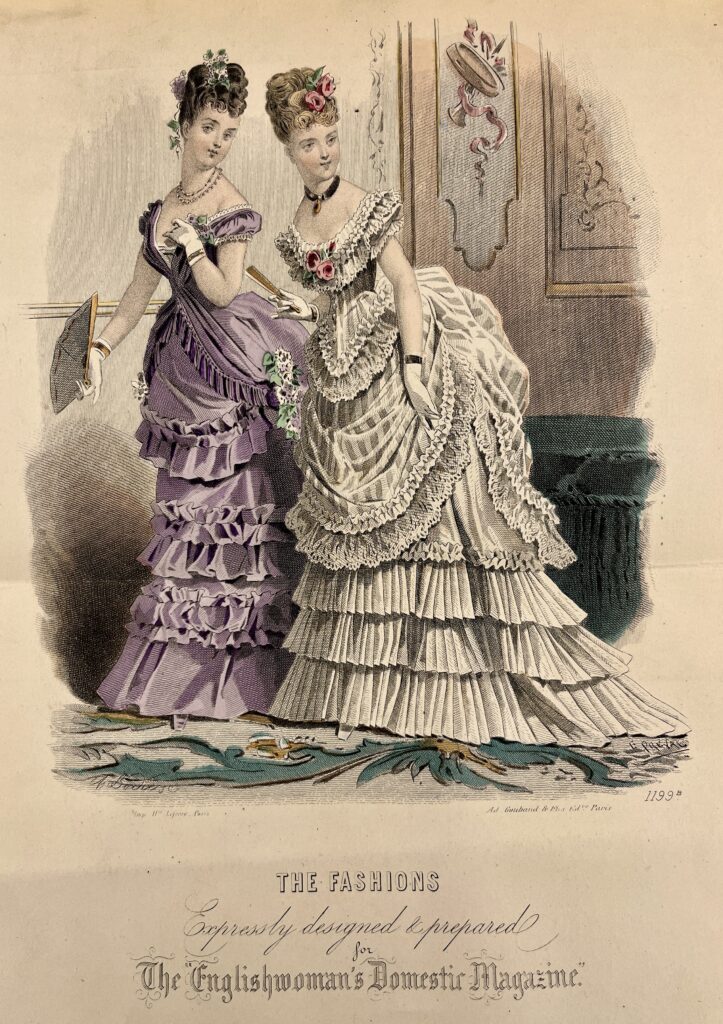Subscribe to our newsletter to keep up to date on all of our latest events, projects and news.
SubscribeThreads: Nottingham
Manchester City of Literature projectPetition to the British Fair
by Mary Bailey (1775?-182)
You ladies of Brain, we most humbly address,
And hope you will take it in hand,
And at once condescend on poor runners to think,
When dress’d at your glasses you stand.
How little you think of that lily-white veil
That shields you from gazers and sun;
How hard have we work’d, and our eyes how we’ve strain’d,
When those beautiful flowers we run.
O view the ball-room, where beauty beams round,
And shines with such elegant grace,
And think are you no ways indebted to us,
The Runners of Nottingham Lace.
The dress that a Queen or a Duchess becomes,
To us, owes its beauty, in part:
Then think of us, pray, in your elegant homes,
For we copy both nature and art.
If fair Venus could come from the skies,
And had ne’er seen a lace dress before,
She would deem it, with joy and surprise,
The most beautiful robe that is wore.
How pleasant’s the task, whenever we’re ask’d,
To work hard to beautify you;
Then I’m sure you will own, with candour, unmask’d,
Good food and good clothing’s our due;
But the price is so low, that, sad to relate,
We cannot these blessings obtain;
But your kind exertions may soften our fate,
And, if not, we content must remain.
Now, should fortune prove kind, how hard will we strive,
Our kind interceders to deck
With caps for the head, and veils for the face,
And collars and frills for the neck.
May the quickest invention come forth,
Each beautiful feature to grace;
Yours, humbly, ourselves we devote –
The Runners of Nottingham Lace.
Poems of a Nottingham Lace-Runner, first published in 1826 and re-published by Nottingham independent Five Leaves Bookshop in 2022.

About the Author
Mary Bailey (1775?-1828) lived in Sneinton, in Nottingham, and worked as a lace-runner in the city’s burgeoning lace industry. A poor woman, she broke up the male monopoly in Nottingham working-class poetry, and gave a vital insight into the world of female labour at that time.
Mary Bailey’s is a unique female voice in the masculine world of nineteenth-century Nottingham working-class poetry. A ‘lace-runner’ whose sore eyes and tired fingers crafted intricately embroidered garments for ‘fine ladies’ as she raised her family of nine in conditions of poverty, she published thirteen poems in a pamphlet in 1826, two years before she died, in an attempt to raise money for her family.
Often songlike in their rhythms, her verses reflect the struggle to survive and live in a decent way, in the face of hardship, and of such challenges as being told she had too many children (‘To a Lady who desired me to pray for the death of my youngest child’), trying to make her customers understand what it took to make fine lace and why they should pay fairly for it (‘Petition to the British Fair’), and tackling two middle-class girls seen tormenting an insect for their pleasure (‘The Locust’).
Just two, extremely fragile copies of her original pamphlet are now known to have survived. The present publication, part of a wider recovery of the rich literary past of Nottingham, a UNESCO City of Literature, brings it back into the public domain after 200 years.



